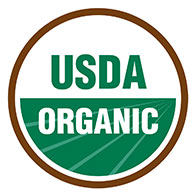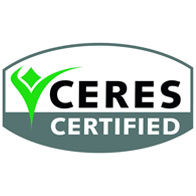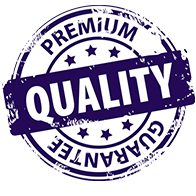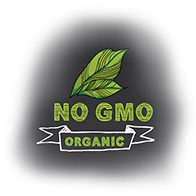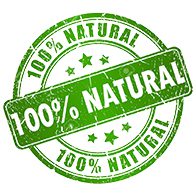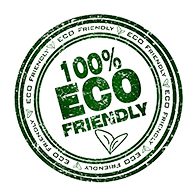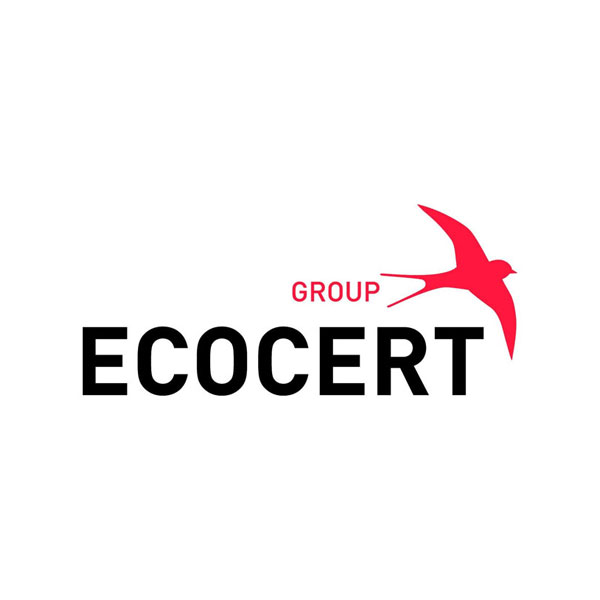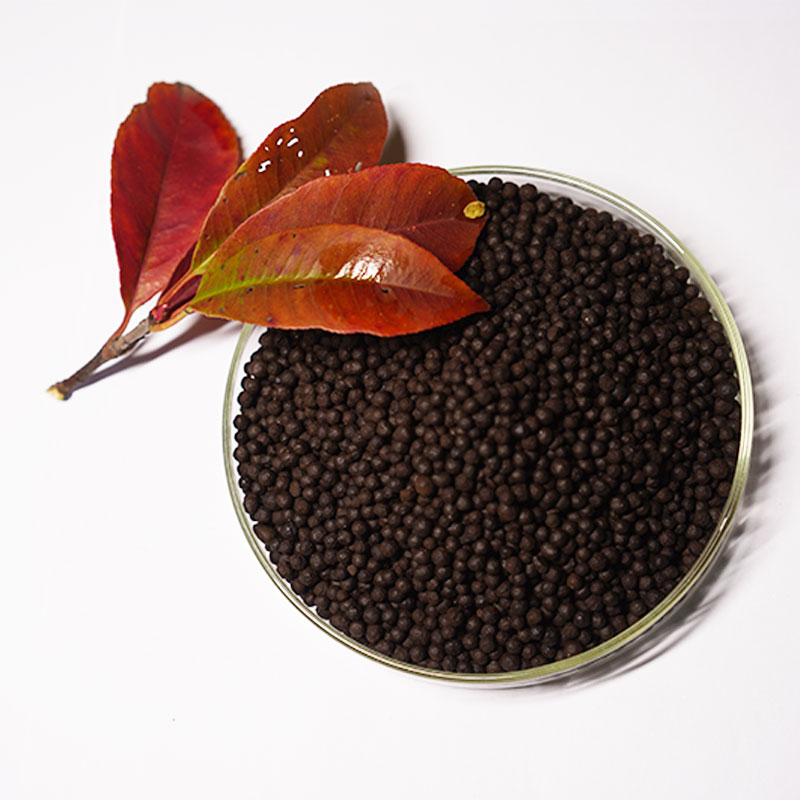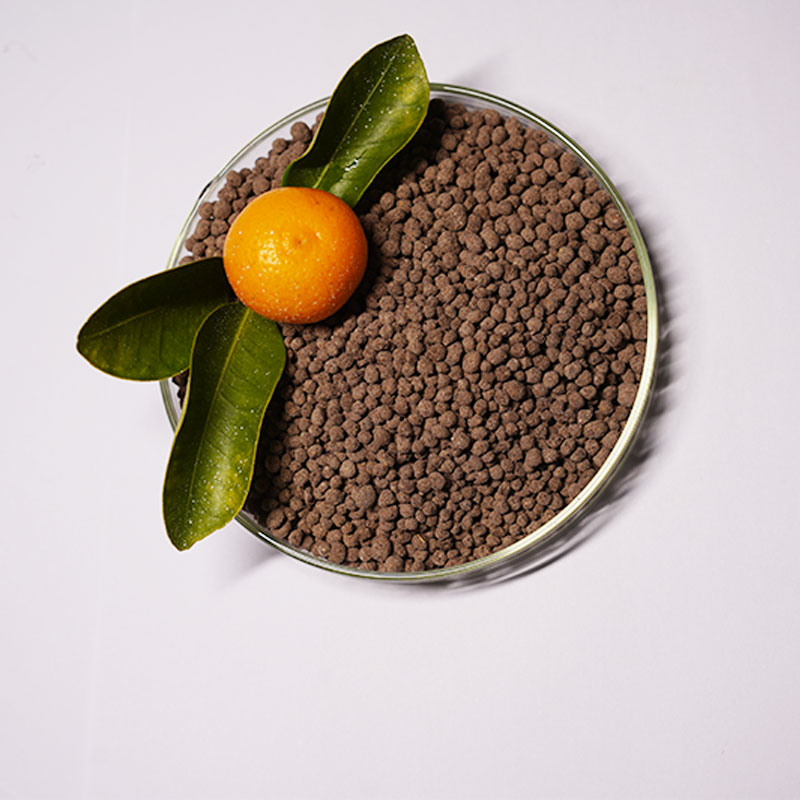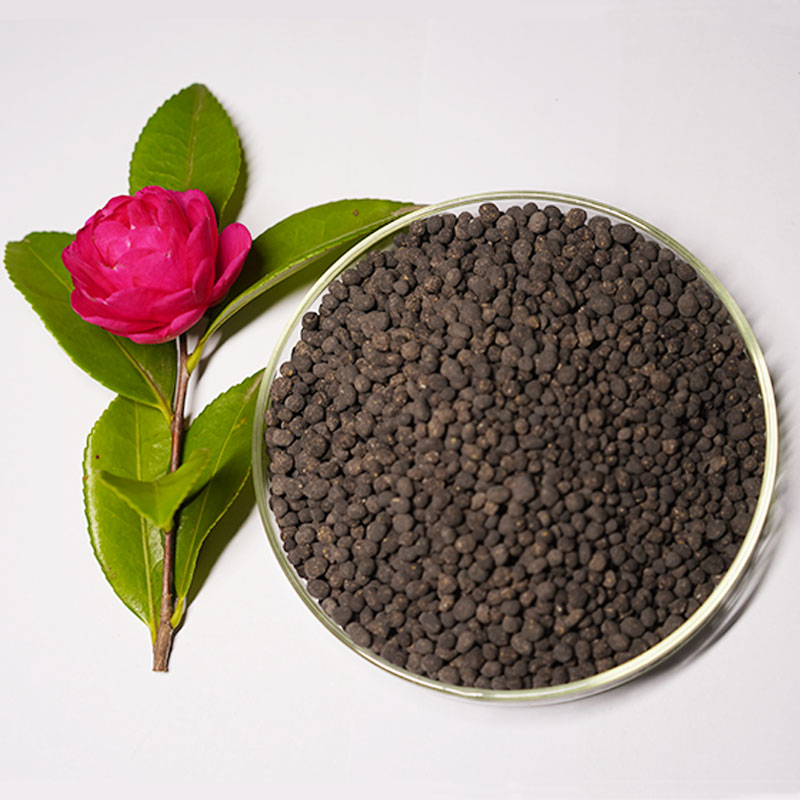Introduce to our ECOCERT (EU, NOP, JAS) certificates
OCECERT EU: It’s an important organic certificate for the European market; it covers all aspects of organic fertilizer production, from raw material procurement to storage and transportation. It prohibits the use of synthetic chemical fertilizers and pesticides, emphasizing ecological balance and biodiversity protection. Obtaining OCECERT EU certification means our products meet EU standards and can be sold in the EU market. Check the OCECERT EU Certificate.
OCECERT NOP: It is a regulatory program by the U.S. Department of Agriculture (USDA). It sets national standards for organically produced agricultural products. NOP certification ensures our organic fertilizers comply with U.S. organic regulations, which prohibit synthetic fertilizers, sewage sludge, GMOs, and irradiation. This certification enables us to expand into the American market and meet the high demands of U.S. organic farmers. Check the OCECERT USDA NOP Certificate.
OCECERT JAS: JAS (Japanese Agricultural Standards) is the primary certification for organic products in Japan. Administered by Japan’s Ministry of Agriculture, Forestry, and Fisheries (MAFF), JAS certification sets strict standards for organic production, prohibiting synthetic pesticides, chemical fertilizers, and GMOs. It also requires specific production processes, record-keeping, and labeling. Obtaining JAS certification allows our products to enter the Japanese market and gain consumer trust. Check the OCECERT JAS Certificate.
*Our fertilizer, raw material, and amendment have passed the OCECERT Inputs Attestation; they are attested as SUITABLE FOR ORGANIC FARMING.


